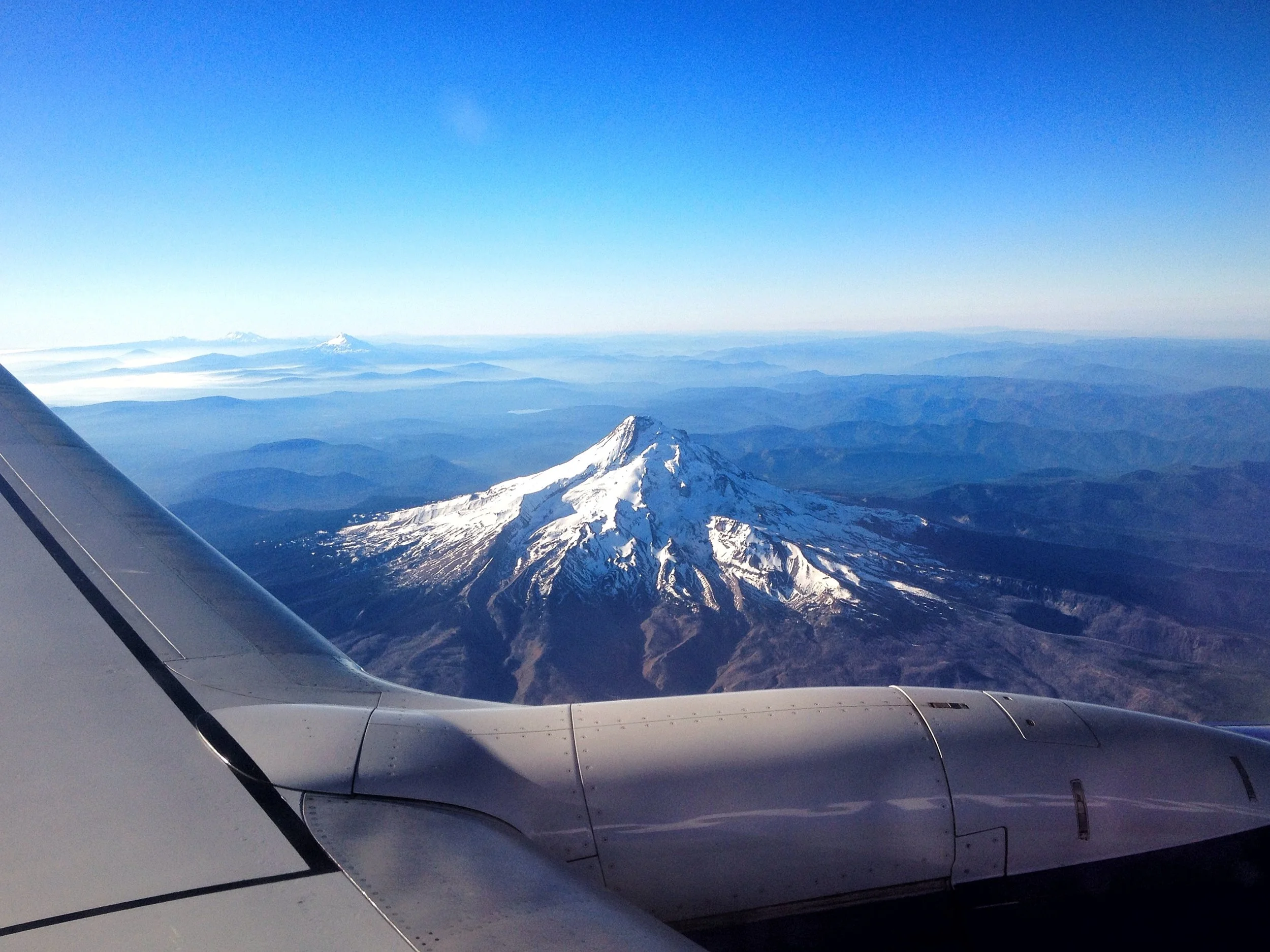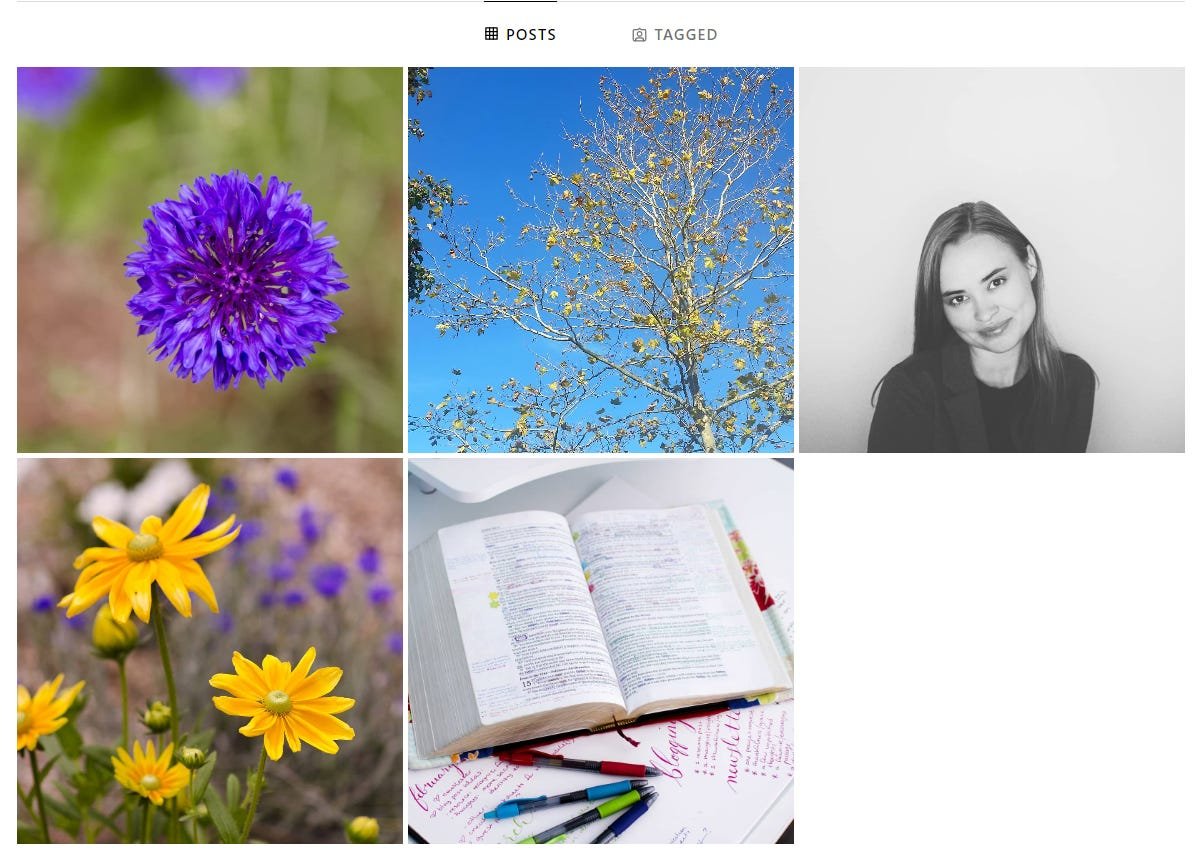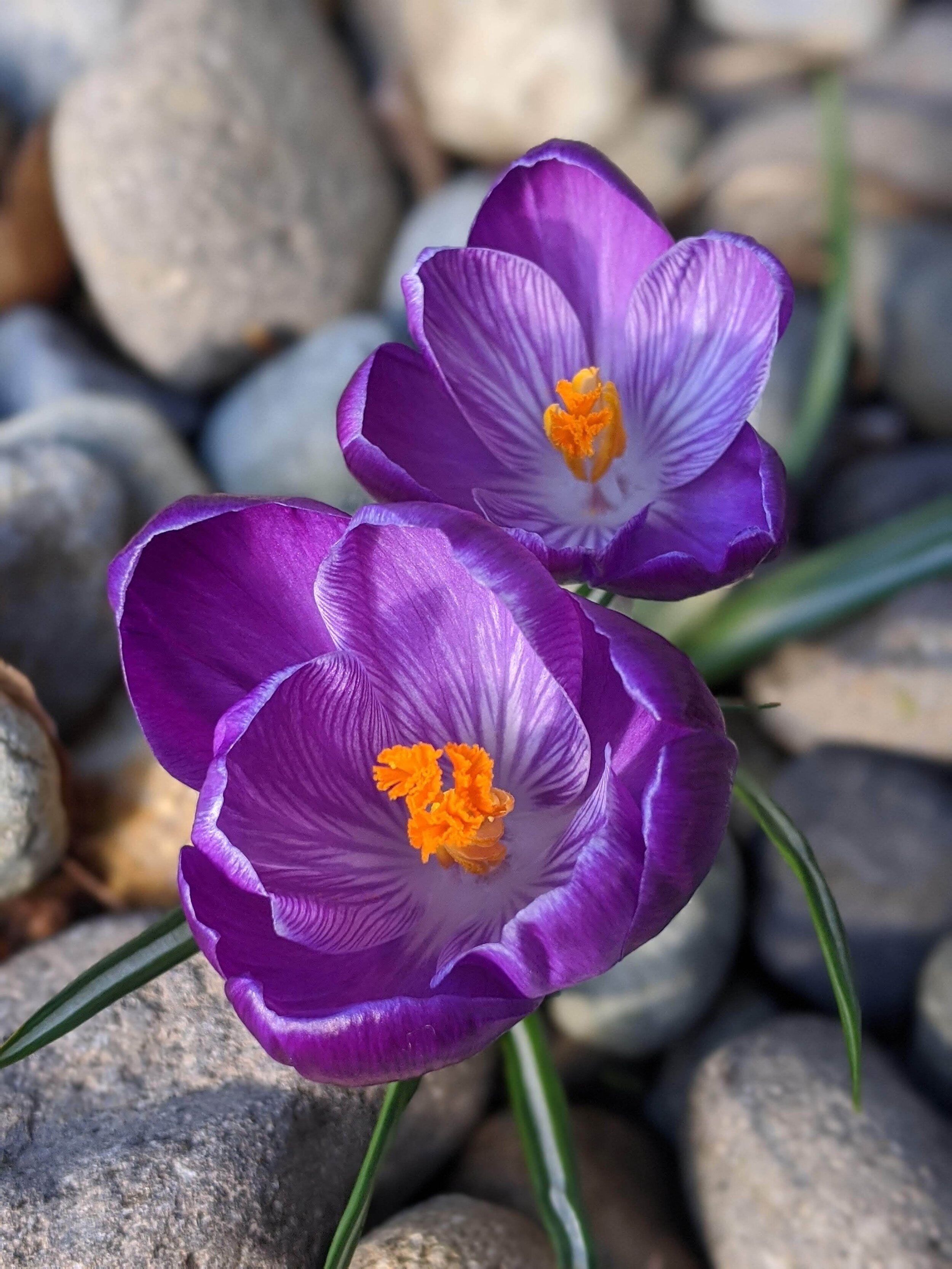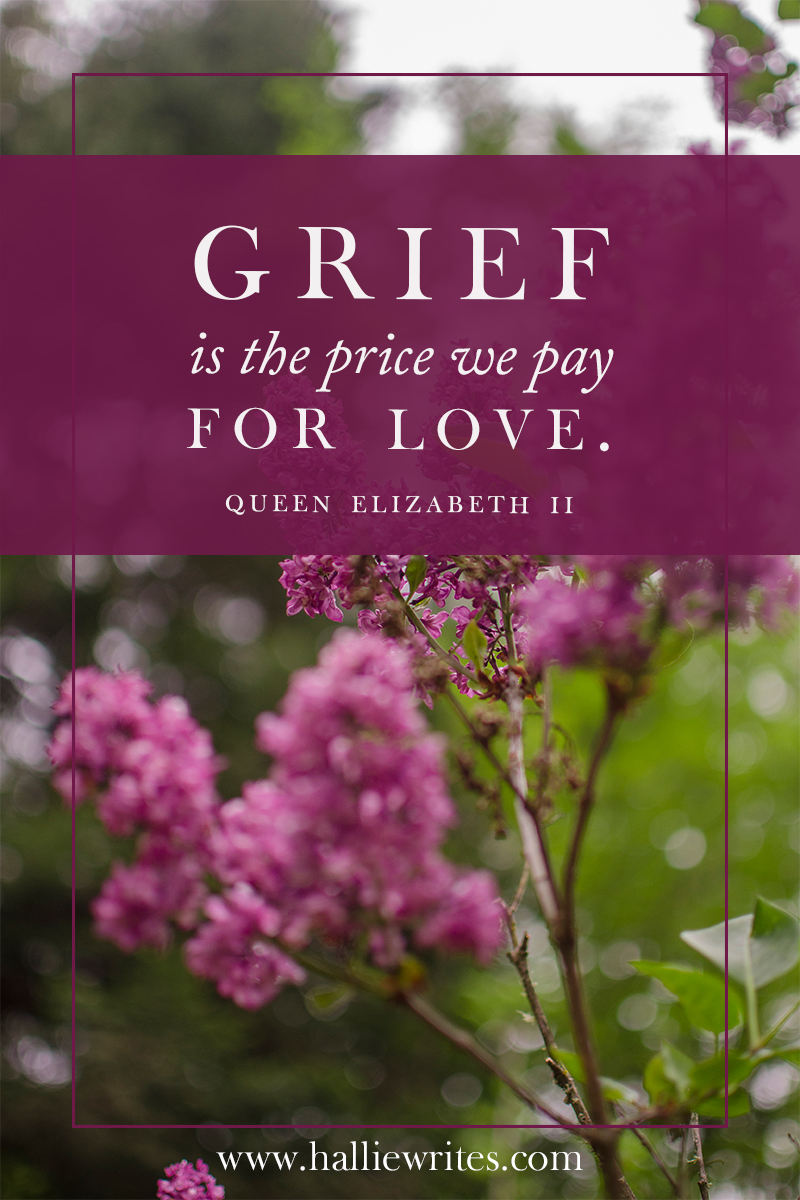follow me: a testimony
/Today it's been six years since what I now look back on as the moment I dropped my fishing nets and set off, empty-handed, in pursuit of the Man who said, "Follow Me."
Someone recently asked me to share this story, and the sixth anniversary of the day seemed like as good a time as any. It's the story of a terribly young, terribly afraid 18-year-old girl who dropped her whole familiar life to obey the summons of Christ and enter into discipleship with Him.
I had spent my entire life on the same piece of Eastern Washington ground until then. And I loved it. I put down deep roots there, roots like the lone ponderosa pine tree in the middle of the front hayfield—isolated, perhaps, but strong, beautiful, contented. This was my bubble, my world. I knew those ninety-two acres like the back of my hand and I explored them voraciously, with my horse, my sister, my bike, my camera, or my own two feet in a pair of rubber boots. I could forecast the weather by the feel of the wind or the look of the clouds around Mt. Adams; I could have drawn every hill and tree and shape on the western horizon from memory, having stared at those mountain sunsets for all of my life. I could tell you the season, even the exact month, by smell alone—smells of fresh apple skins in September, crisp yellow leaves in October, or frosty horse breath in November.
And there, I met Jesus at a very early age. I gladly walked with Him in blind childlike faith until at last He called out, "Follow Me" - and only then did it occur to me that I had a choice: I could stay with the familiar, mending my nets day in and day out, or I could drop it all and run after Him. It was a division in time, the parting of the Jordan, the choice to obey or disobey—to believe or not believe. It was then that I stood as face-to-face with Christ as perhaps I ever have, when He offered me a cross to bear in exchange for knowing Him more, when I stood in the TSA security line at PDX and made the final decision to fall hard and hope that faith would catch me.
I remember sitting aboard my flight from Portland to Denver early that morning, the morning of August 16, 2012 - so alone, trying to blink back tears so I could see Mt. Adams, Mt. Rainier, Mt. St. Helens, and Mt. Hood for as long as possible. Our ascent took us almost directly over Mt. Hood, so close that I could see every rock and glacier, every crack and crevice, even the paths across the snowfields heavily trodden by climbers’ crampons. It gave me flashbacks to my Mt. Adams climb just two weeks before, that long cold night of putting one foot in front of the other across the steep and seemingly endless snow-covered mountain face, watching the sunrise cast a mountain-shaped shadow over the western horizon and in awe that God made anything this big.
That long, slow, dogged-determination night must have been good practice, though, because while Florida was the flattest place I had ever seen, the mountain I saw looming ahead of me when my plane touched the runway in Orlando might as well have been Everest.
Alone. That word ran round and round in my head, taunting me, reminding me minute by minute of the three thousand miles of North American soil I had just put between myself and everything I knew, everyone I loved.
I settled into my dorm room at Great Commission Bible Institute, all my worldly goods taking up about two dresser drawers and a short hanging rod. I made my bed - top bunk, like I always had at home - and set my laptop on my desk. My new Bible, perfectly crisp and clean, was waiting for me in anticipation of my first day of class on Tuesday. I sent pictures to my mom so she could envision where I would be living for the next ten months of my life.
And I cried myself to sleep - that night and the next. (The only thing that stopped me the third night was my roommate's arrival from Pennsylvania, and I don't often cry in company.)
I will tell you that the year I invested at GCBI to learn the Bible from front to back is still one of the hardest years I've ever endured.
I will also tell you that it's still one of the best.
And the impact it had on me to obey the summons of Jesus and make the choice to truly become His disciple - even though I had already known Him almost all my life - is everlasting. Every day, my thoughts, my choices, my purposes, and my vision are what they are because of that decision.
I encountered my God that year. I grew and flourished in His character even while I was harshly pruned by His love. I learned how to study His Word on my own, with total confidence that I can know Him deeper every day through its contents. Because of this, I am still growing - still flourishing - still being pruned. And I am still bearing the fruit of it.
When Jesus says to you, "Follow Me" (and He will) - it is worth it to obey. Whatever the cost.
And once you do, He'll call you again - and again - and again, ever higher and deeper into His love, ever further into His story, ever closer to His heart.
But don't just take my word for it. The Bible is bursting with stories that proved this truth thousands of years before you or I ever breathed. Noah, Abraham, Isaac, Jacob, Joseph, Moses, Joshua, Gideon, Ruth, Hannah, Samuel, David, Esther, Daniel - and I have not even begun to name the disciples who followed Jesus' literal call to lay down their nets and follow Him!
I thank God for inviting me to join Him on this hard, beautiful road six years ago. Along the way, He has showed me who He is, and who He is truly changes everything.













